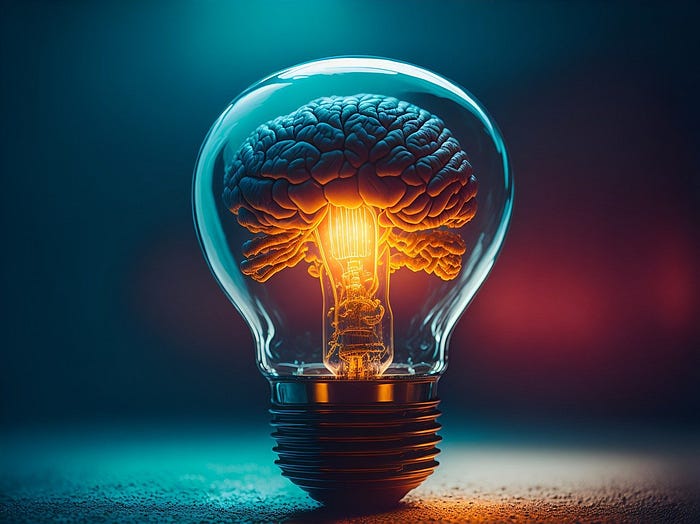Embrace Your Mistakes: The Path to Personal Growth and Learning
Written on
Understanding the Value of Mistakes
Mistakes offer a unique opportunity for growth and choice!
When faced with the prospect of making mistakes, many of us experience anxiety. But how can we learn to accept our errors? Stepping outside our comfort zones is daunting, as our nervous systems are wired to prioritize safety and familiarity. In unfamiliar situations, our bodies instinctively go into heightened alert mode, constantly scanning for threats. This response is simply part of being human.
When our instincts detect potential danger, they often urge us to retreat. While this protective mechanism is beneficial for avoiding harm, it can also prevent us from taking risks and pushing our boundaries. This is the moment when we must consciously remind ourselves that our mistakes do not pose a real threat to our survival. As Peter McWilliams wisely stated, "To avoid situations in which you might make mistakes may be the biggest mistake of all."
The Four Steps to Overcoming the Fear of Mistakes
- Assess Your Safety: Look around and evaluate whether your mistake truly endangers you.
- Acknowledge Your Emotions: Recognize and label your feelings as normal reactions from your nervous system.
- Reassure Yourself: Remind yourself that you are safe in this moment and can continue moving forward.
- Reflect and Reassess: The following day, check in with your feelings about the mistake and consider committing to another attempt.
Through these steps, and with consistent practice, you can learn to heed the wisdom of your inner guide. It is through mistakes that we acquire knowledge, and by reflecting on those experiences, we can make informed choices moving forward. This cycle of learning from errors is simply the essence of human existence.
Oscar Wilde succinctly captured this sentiment: "Experience is the name everyone gives to their mistakes." If you choose to ignore the lessons embedded in your mistakes, they will persist until you learn from them.
The Intersection of Technology and Self-Discovery
Your inner guide is continually communicating valuable insights, and the decision to heed those messages is yours alone. In today's world, technology and AI can either complicate our lives or present opportunities for learning and growth. The key is to utilize these tools to align with your personal objectives. Ultimately, this journey is about self-discovery.
Although it requires effort and time, the pursuit of meaning in life is a universal quest. As Wilde aptly noted, "Nowadays most people die of a sort of creeping common sense, and discover when it is too late that the only things one never regrets are one's mistakes."
Richard Bach also emphasized, "There are no mistakes. The events we bring upon ourselves, no matter how unpleasant, are necessary in order to learn what we need to learn."
In the words of Alexander Hamilton, "A well-adjusted person is one who makes the same mistake twice without getting nervous."
Happy Mistake-Making!
By My

Chapter 1: Learning from Failure
In "The Power of Making Mistakes – Learning by Failing," the video explores how embracing failure can lead to greater insights and personal growth.
Chapter 2: The Necessity of Mistakes
In "Here's Why You Should Make More Mistakes," this video delves into the importance of viewing mistakes as essential steps in the learning process.